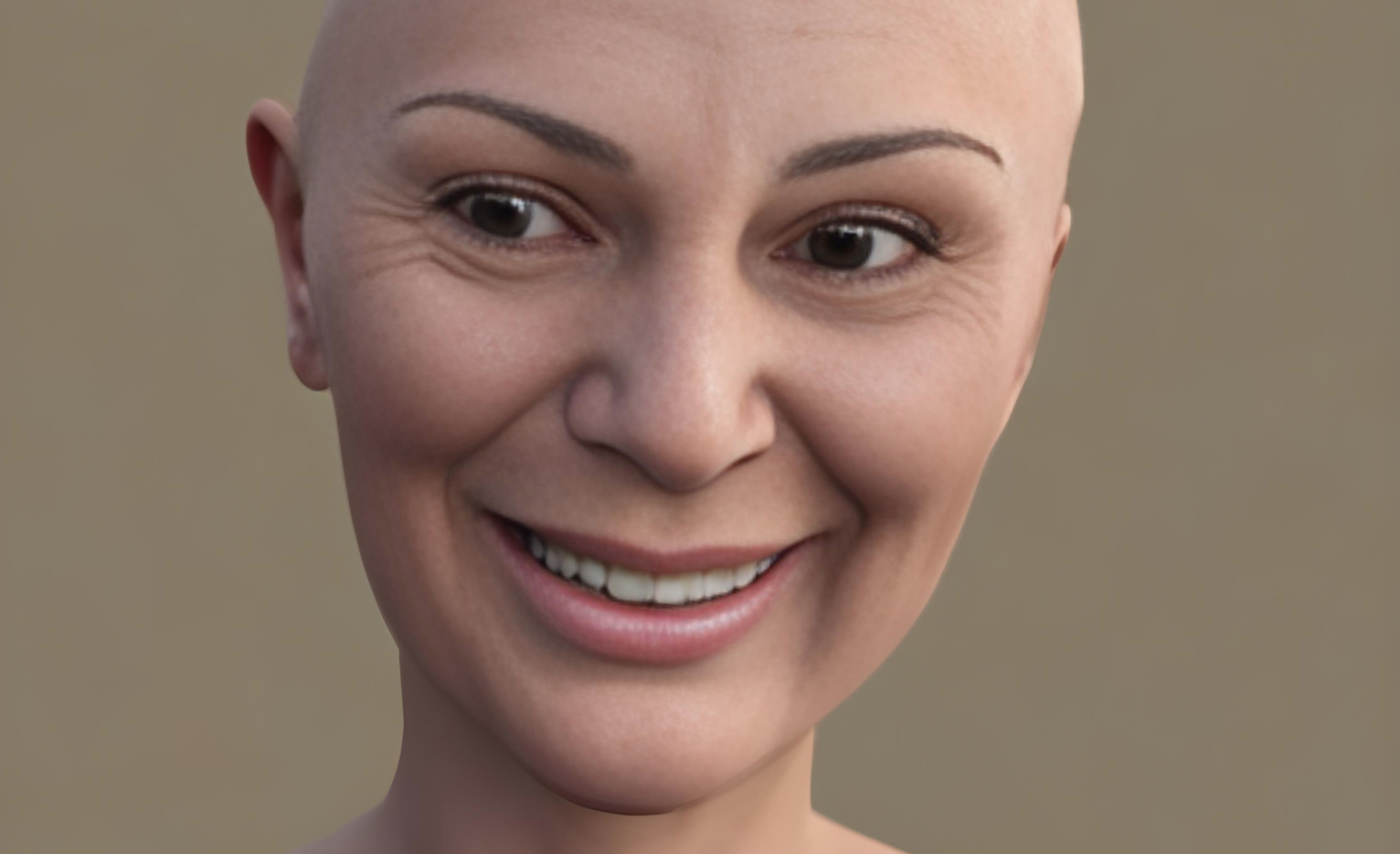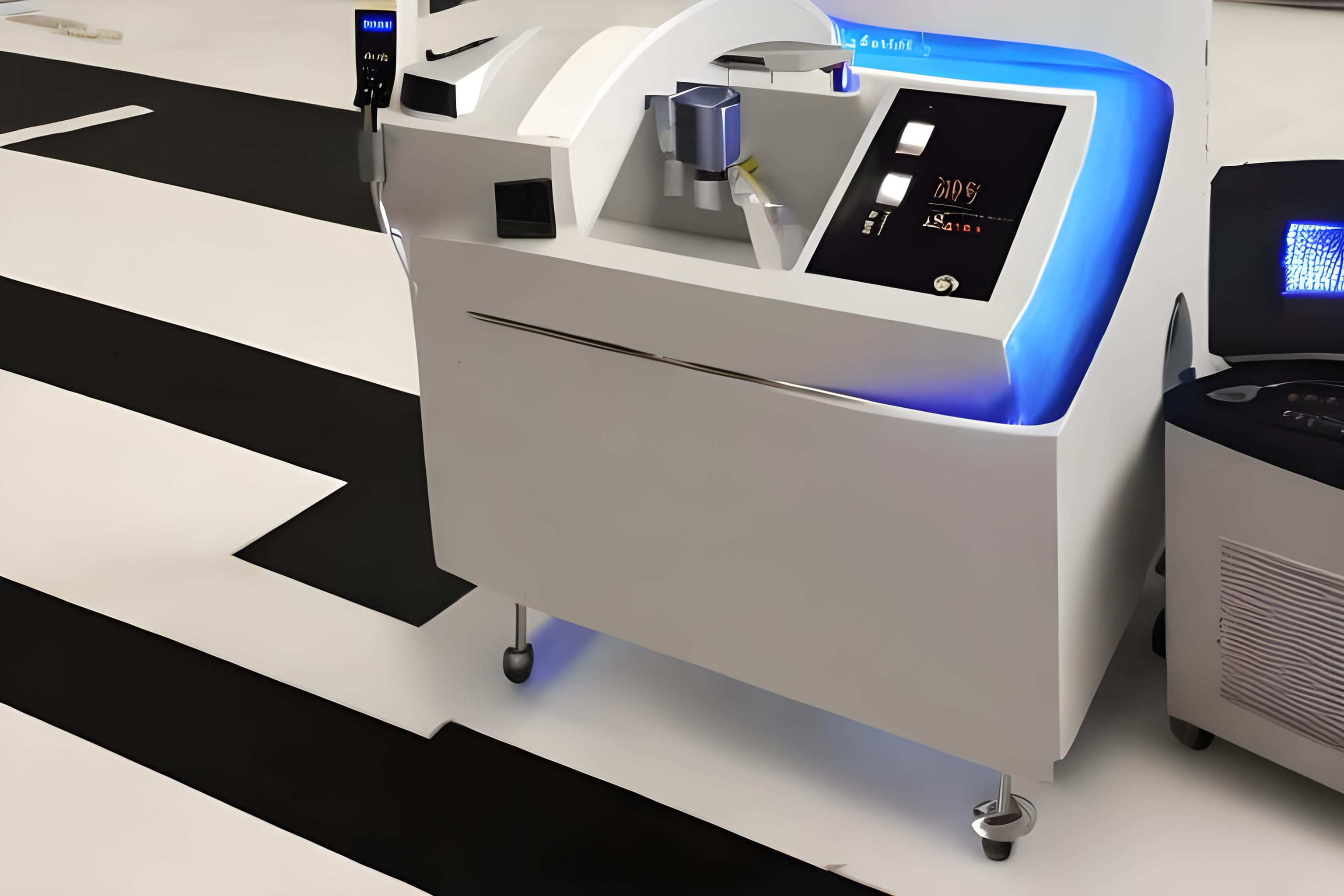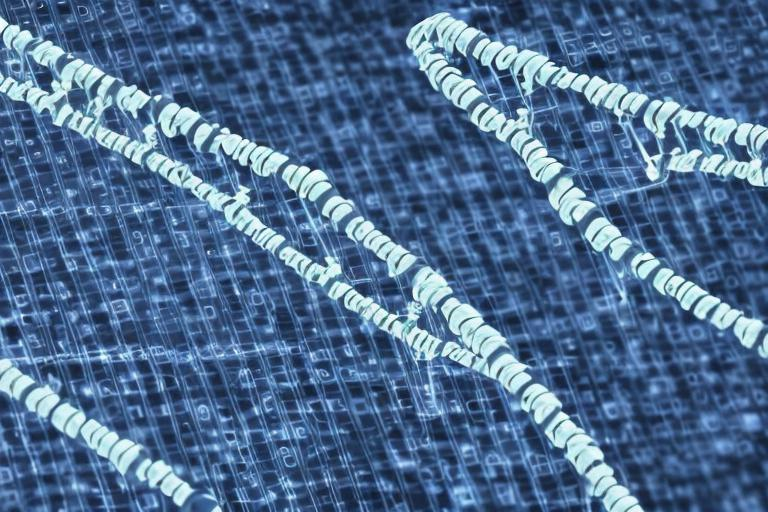This specialty is undergoing a real revolution in the field of advanced technology and computer software.
Radiation therapy is a non-invasive technique that is constantly evolving, its goal is to deliver a dose of radiation very accurately in order to cause the death of tumor cells (through several mechanisms, including breaks in the DNA strands of cells).
The death of tumor cells allows local control of irradiated tumors, lymph nodes or metastases.
The accuracy of treatment is due to the constant improvement of dosimetry software, accelerators, robotic tables for changing position, images of changing position (taking into account the respiratory movement). All these improvements allow dose reduction to healthy tissues and nearby organs. By reducing doses to healthy tissue, patients exhibit less toxicity or side effects associated with radiation therapy, without compromising the destruction of the irradiated tumor.
Thanks to research, treatment is becoming more and more effective in fighting cancer, and survival of patients, even those with metastases (or stage IV), lengthens with an increasingly prolonged remission. Whether it is second-generation anti-hormonal treatment for prostate cancer or anti-hormonal treatment in combination with Cdk4-6 inhibitors (such as abemaciclib) for RH + breast cancer, immunotherapy (nivolumab, pembrolizumab, atezolizumab, etc.) or targeted therapy for lung cancer … Immunotherapy is also effective for melanomas, kidney tumors, hepatocellular carcinomas, and some types of colon cancer (MSI, unstable microsatellite +). There are many targeted therapies, tyrosine kinase inhibitors, EGFR inhibitor for lung cancer, PARP inhibitor (olaparib, niraparib) for ovarian cancer, braf or mek inhibitor for melanoma.
The combination of surgery and radiotherapy usually has a synergistic effect and results in long-term remissions in cancer patients.
Postoperative radiotherapy is the treatment that most contributes to the remission of cancer patients. Radiotherapy is increasingly being integrated into therapeutic strategies for metastatic patients undergoing immunotherapy, targeted therapy, or chemotherapy, all performed simultaneously and in combination to improve local control at the tumor level or at the level of metastases in the lymph nodes, bones, liver, lungs or brain …
For many types of cancer surgery, adjuvant (postoperative) or neoadjuvant (preoperative) radiation therapy reduces the risk of local or locoregional recurrence (if lymph nodes are involved) and thus promotes remission (for example, rectal cancer, ENT cancer, or breast cancer).
In inoperable cancer, radiation therapy (without surgery), together with chemotherapy (often cisplatin, which increases DNA damage and destroys tumor cells), allows many types of cancer to go into remission, this concerns cervical cancer, anal cancer, tonsil cancer, tongue base, colon cancer, esophageal cancer, inoperable lung cancer, small cell lung cancer, inoperable primary brain tumors / glioblastomas. This combination (5FU mitomycin C and external beam radiation) avoids surgical procedures such as anal amputation in epidermoid carcinoma.
Radiation therapy in combination with hormonal therapy (from 6 months to 3 years) is very important in the treatment of prostate cancer in almost all stages of the disease with the possibility of long-term remission.
The method used is called stereotactic surgery – a very high precision of high-dose irradiation to destroy tumor lesions (at the High Energy Center we use Versa HD machine, the newest accelerator installed in large centers in France and the USA, as well as in Switzerland), makes it possible to accurately treat these lesions in a limited number of sessions. We have a second particle accelerator, which is Synergy, capable of delivering intensity modulated irradiation to better protect the organs around the tumor.
Our team is in constant contact with our colleagues from Nice, Paris and Switzerland for the daily high-quality exchange of scientific data. Oncology is a constantly evolving discipline that requires constant interaction with all specialists. Updating knowledge daily by reading scientific articles and attending various conventions and specialist meetings is essential for patients and their lives!
For questions please contact me at dr.troussier@medifrancesolution.com




